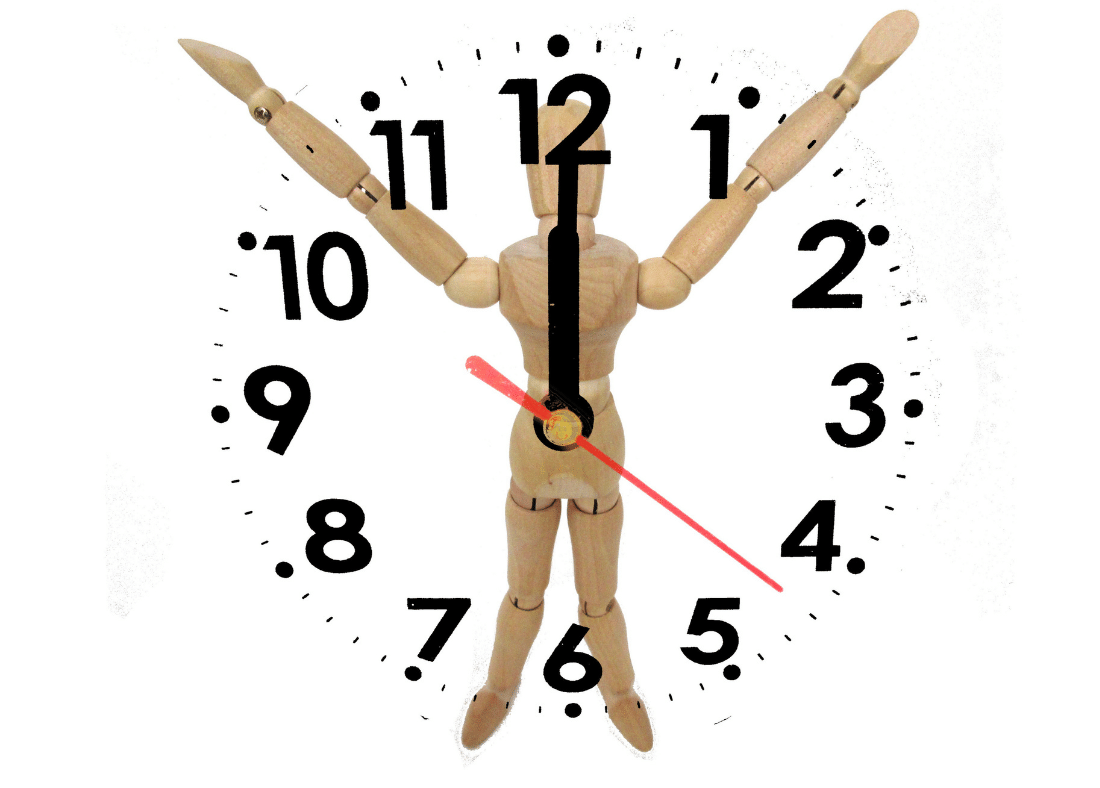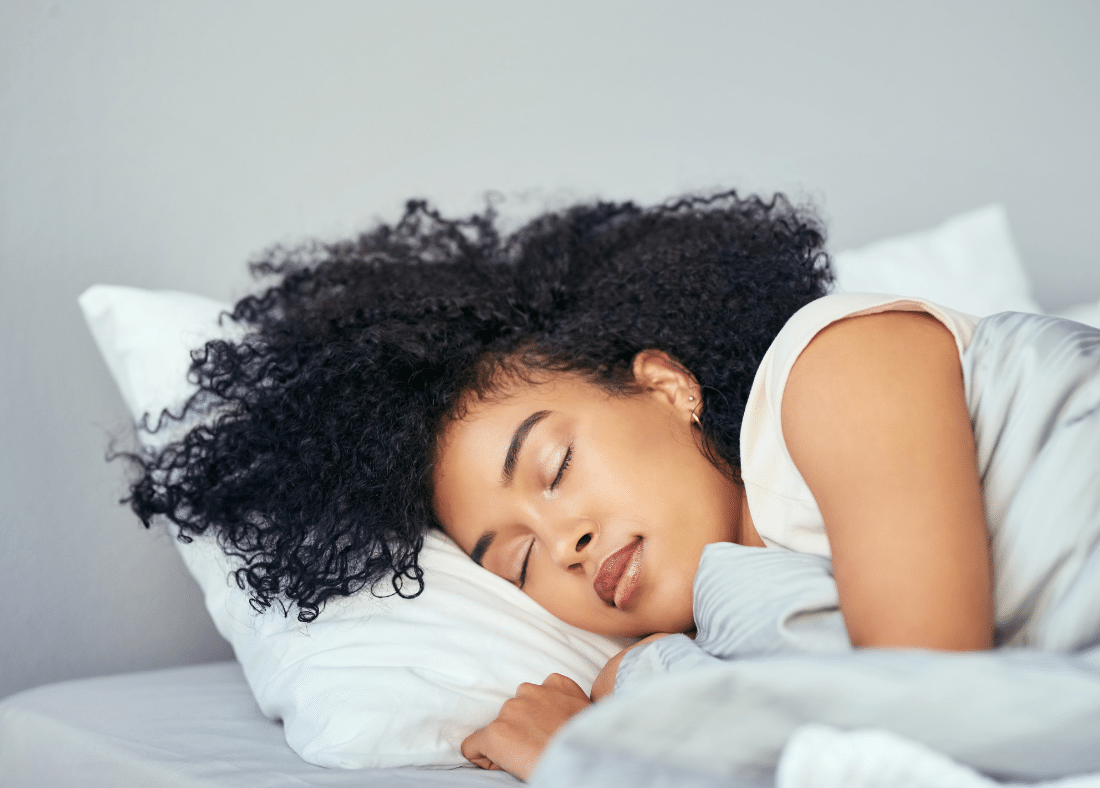Do Blue Light Glasses Work for Sleep?
Andy MantBlue light glasses can help improve your sleep quality and quantity if they are designed and function in line with peer reviewed academic studies.
Not all blue light glasses improve sleep cycles so it’s important to understand how to choose the best blue light blocking glasses for sleep. Exposure to blue light can disrupt your circadian rhythms.
Does Blue Light Really Affect Sleep?
In 2001 a flagship academic study was released that indicated blue light can impact sleep/wake cycles in humans.
Blue light in its entirety was shown to impede the production of melatonin which created and environment insatiable for optimal sleep. Melatonin is our sleep hormone and studies have shown this hormone is produced sub optimally in the presence of blue light after dark.
Blue light is high energy visible light (HEV light) which is emitted from any source of LED or fluorescent lighting. Sources of blue light include smart phones, televisions, computer screens, fridge lighting, appliance lights, house lights, car headlights, street lamps and other electronic devices.
By impeding melatonin production blue light disrupts your circadian rhythm which in turn leads to negative sleep patterns, fatigue and potentially other health concerns.
What are Circadian Rhythms?
Every human being on earth has a circadian rhythm. The term circadian comes from the Latin terms “Circa” (about) and “Dien” (a day) and is a clock system located in your brain.
The way your circadian rhythm works is by taking in environmental clues to tell the body what the outside world is doing. For example, light taken in through your eyes during the day signals to your circadian rhythm that it is daytime and to be active and alert.

Another example of an environmental stimuli for your body clock is the absence of blue and green light after sunset signalling that its night time and for you to relax and to start releasing sleep hormones ready for sleep.
Your circadian rhythm is hundreds of thousands of years old and has evolved to receive cues from natural light and dark cycles. With the advent of artificial light your circadian rhythm is getting mixed messages after sunset.
Blue light emitted from electronic devices after sunset is telling your circadian rhythm that its daytime. This incorrect message is disrupting your sleep, making you feel tired and not allowing you to function properly.
Does Green Light Impact Sleep?
Blue light disrupts your sleep, however it has also been shown that green light can too. Studies have shown that green light also disrupts melatonin production.
Green light is found in all the same devices that contain blue light. By turning your phone screen red you can eliminate blue light and green light after dark. The amount of blue light you should block is 100% and green light should also be blocked up to 550nm for better sleep.
Scientific Studies on Blue Light Glasses for Sleep
Blue light filter glasses have been demonstrated to improve sleep in various clinical trials. Below are the 5 greatest studies showing blue light glasses improve sleep.
Blocking nocturnal blue light for insomnia: A randomised controlled trial
This study showed a significant improvement in participants sleep when they wore amber lens blue light blocking glasses 2-3 hours before bedtime vs controlled clear lenses.
Blue Blocker Glasses as a Countermeasure for Alerting Effects of Evening Light-Emitting Diode Screen Exposure in Male Teenagers
This study demonstrated that using blue light blocking glasses in male teenagers improved melatonin production and significantly improved their sleep. By wearing the glasses in the hours before bed they were able to fall asleep faster and even participate in screen time before bed.
Blue blocker glasses impede the capacity of bright light to suppress melatonin production
This trial indicated that using glasses with an amber lens after sunset improved melatonin production and sleep indices in adults.
Amber Lenses to Block Blue Light and Improve Sleep
The group of people in this study who wore amber lens blue light glasses experienced significant improvements in sleep quality than the control group.
Wearing Blue-Blockers in the Morning Could Improve Sleep of Workers on a Permanent Night Schedule: A Pilot Study
If you work night shift work you can also dramatically improve your sleep by wearing blue light blocking glasses in the mornings, according to the researchers who conducted this study.
How to Choose the Best Blue Light Glasses for Sleep
Based on the scientific literature its essential to assess the following criteria before purchasing a precision quality pair of blue light blocking glasses for sleep. The 20-20-20 rule wont work here, you need to ensure your anti blue light glasses are scientific grade to protect your sleep.
- Blue light glasses just block 100% of artificial light found between 400nm and 550nm. Ensure this by asking for a spectrum lens test report of the glasses.
- Test your blue light glasses to ensure they are blocking blue and green light
- Blue light glasses should have an amber or red lens. Clear lenses will not block blue light and are therefore an inadequate choice for improving sleep.
- The best blue light glasses for evening use are made in optics laboratories, not factories overseas. Ensure the company you purchase your blue light blocking glasses from manufacture their glasses in an optics lab. If the company provides prescription blue light blocking glasses then you can be assured their glasses are made in an optical lab.
BON CHARGE Blue Light Blocking Glasses
BON CHARGE blue light glasses for sleep are the original science backed, optical lab manufactured glasses. Our lens report for our sleep glasses is shown below.
By choosing BON CHARGE blue light blocking glasses you can be assured that they block 100% of blue and green light from 400nm to 550nm, are made under optical lab conditions and come in a variety of styles and frame shapes to suit every need.
Further Reading




